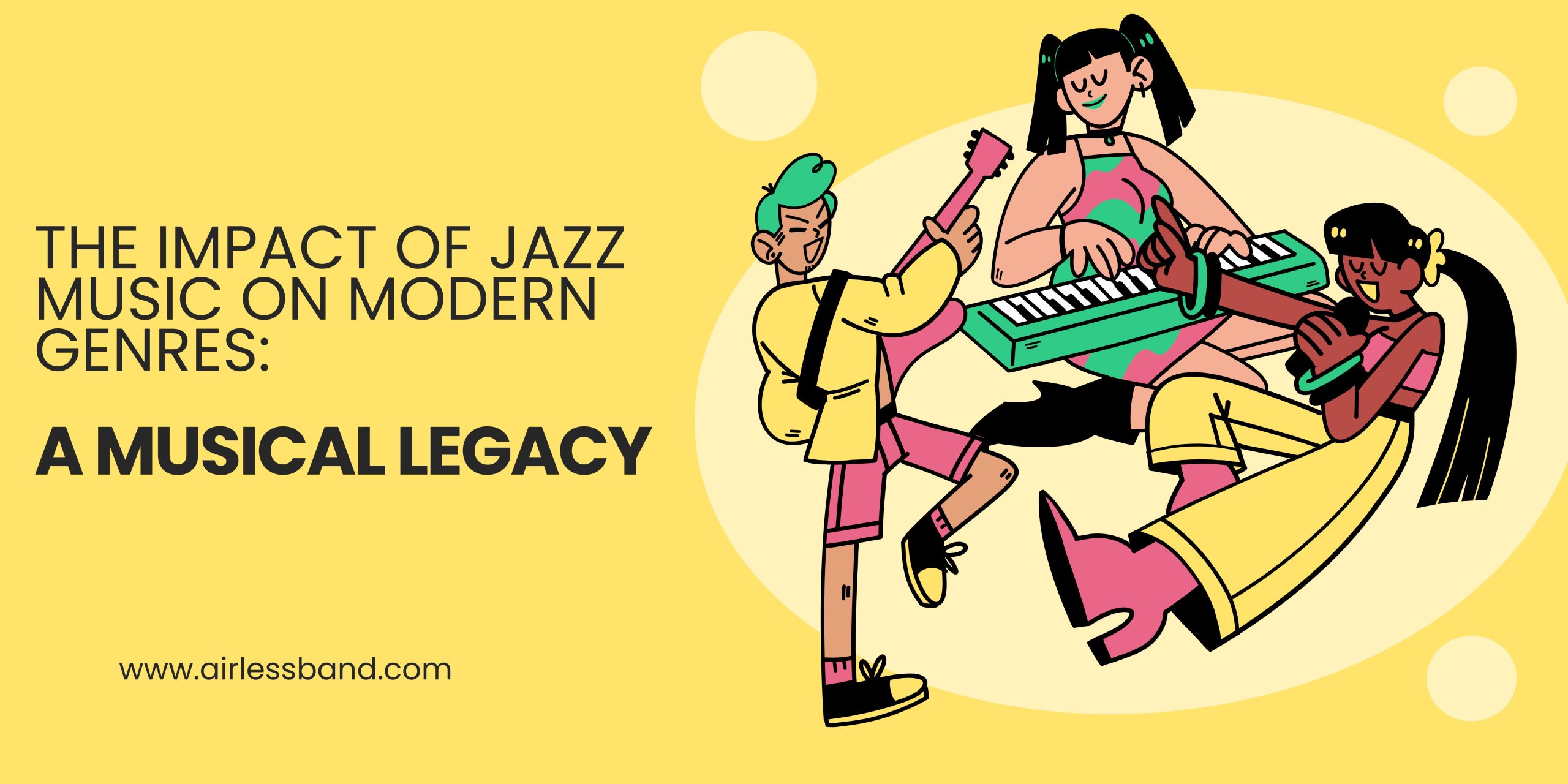The line of development that modern genres have followed is highly influenced by jazz music. The rhythm, improvisation, and fusions of different cultural styles have played a crucial role in shaping such genres as rock, hip-hop, R&B, and electronic music.
The Birth of Jazz: A Cultural Melting Pot
Jazz was born at the beginning of the 20th century as a mixture of different music: African, European, and Caribbean. New Orleans, with its highly eclectic fuse of cultures, provided an appropriate birthplace for jazz, where African-American musicians joined the traditions of blues, ragtime, and gospel with European harmonic structures.
This created a new, far-from-static sound dominated by syncopation of rhythms and free improvisation that blossomed in the United States and abroad.
Jazz’s Role in Shaping Rock and Roll
Early rock musicians such as Chuck Berry, Elvis Presley, and Little Richard based their performances on the rhythm and energy taken from jazz, its swing and boogie-woogie styles. It contributed to rock music through the core elements of rhythm and groove that remain so intrinsic to the high-energy, rebellious sound of rock and roll from the 1950s and 1960s.
Besides, the improvisational aspect of jazz continued in rock through the guitar soloing and extended instrumental passages to become one of the marks of the genre. It was that way that jazz also contributed to giving shape to the musical structure of rock and roll because it interfered not only with its sound but also with the ethos of artistic freedom of the genre.
The Fusion of Jazz and Hip-Hop
In addition, hip-hop is another contemporary genre that jazz has affected; it was born in the 70’s. In addition to being a reservoir of many motivations, hip-hop producers and artists have frequently tapped into jazz records and incorporated jazz instruments into their music. Such albums as Jazzmatazz by Guru, De La Soul or A Tribe Called Quest are examples of how Jazz and Hip-Hop were fused, allowing for totally chill sounds that surmounted the violent dimensions of hip-hop music.
This is where the stress on improvisation and rhythm, which have characterized jazz, fits so easily into hip-hop; freestyling and beat-making are its most common components.
By composing new styles that bear no resemblance to previous ones, it has urged hip-hop musicians not only to examine but also to try other sounds and structures. Today, the fusion thrives as demonstrated by such figures as Kendrick Lamar and Robert Glasper.
Jazz and Electronic Music: A Meeting of Innovation
It was during the 1970s and 1980s when jazz musicians started to use electronic instruments and production techniques within their music that Jazz Fusion came into being. It was a few artists who took synthesizers and electric pianos into new sound dimensions, including Herbie Hancock along with Miles Davis, who later influenced electronic genres such as house, techno, or drum and bass.
Jazz’s focus on improvisation and live performance easily translated into electronic music, where the DJs and producers often improvise bits of their performances live. Being spontaneous while interacting with an audience remains a vital part of the electronic music experience. The improvisational ethos of jazz trickles further into the modern-day electronic musicians of Flying Lotus and Bonobo, each pushing genre-defining sounds by blending live instrumentation with electronic production.
The Future of Jazz: Continuing to Inspire Modern Artists
During this, the 21st century, jazz continues to motivate and have an impact on new-age performers in different areas of music. Blending jazz with other contemporary genres like hip-hop or electronic music is how today’s artists have changed the way of incorporating jazz ethos into their works. Such names as Kamasi Washington, Thundercat, and Snarky Puppy are present at the top flight of jazz fusion, but even so, this genre is true to its improvisational roots.
Jazz music constantly influences other genres like rock, hip-hop, and R&B. In their quest for new sounds, musicians worldwide derive inspiration from this. There is no doubt therefore that jazz will remain relevant among musicians for many years because of its rich history of innovation, blending different cultures, and artistic freedom.
The End:
From rock and roll to hip hop, onto electronic, jazz was the forerunner of genres yet to come. All these depths leave behind lasting influences of innovation, improvisation, and mixing different cultural mixes, which still open up new lines of thought for today’s musicians, showing who have transcended time or space – jazz beyond a style is an ultimate expression. Were someone to look into the future, folks would probably notice that the musical heritage of jazz is likely to play an enormous role in the development of modern music.
Enjoying music has differed for decades, so exploring new genres and songs may put oneself at peace without hurting your inner soul!
